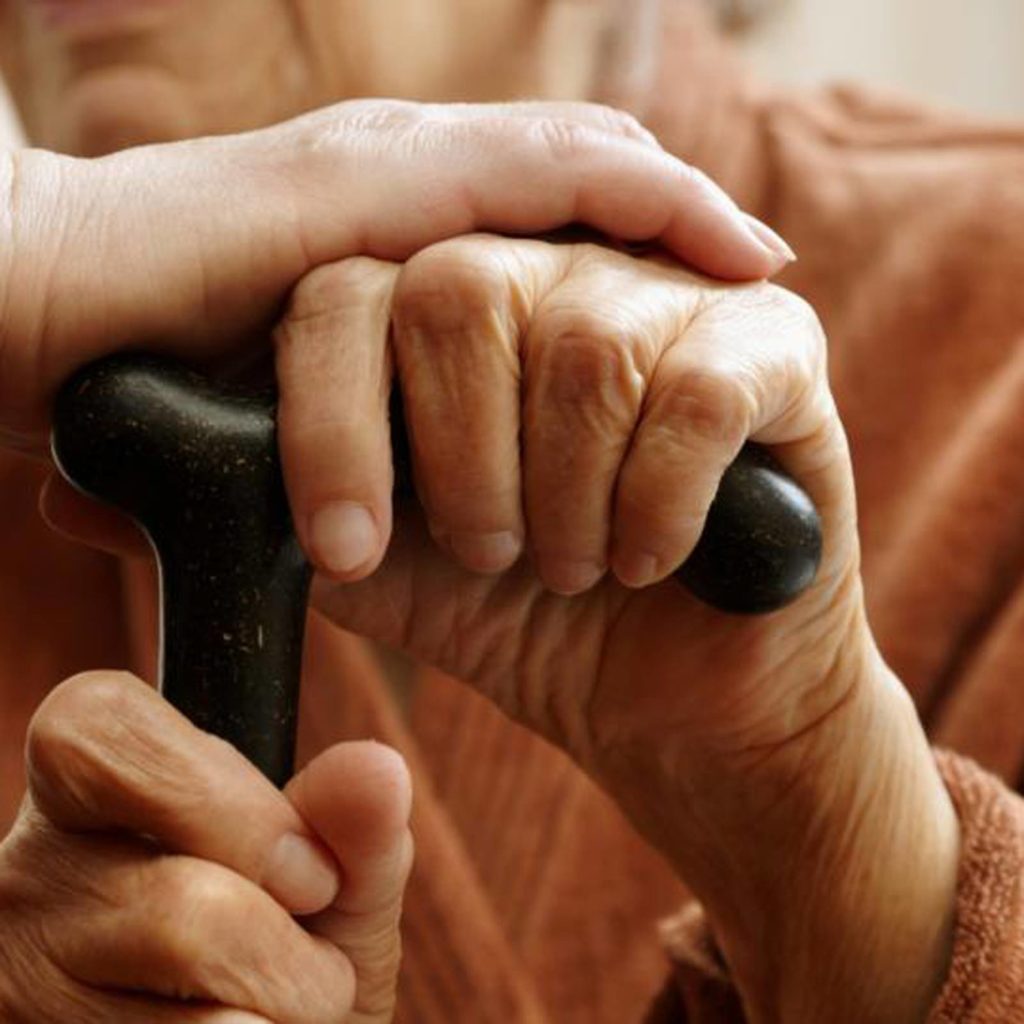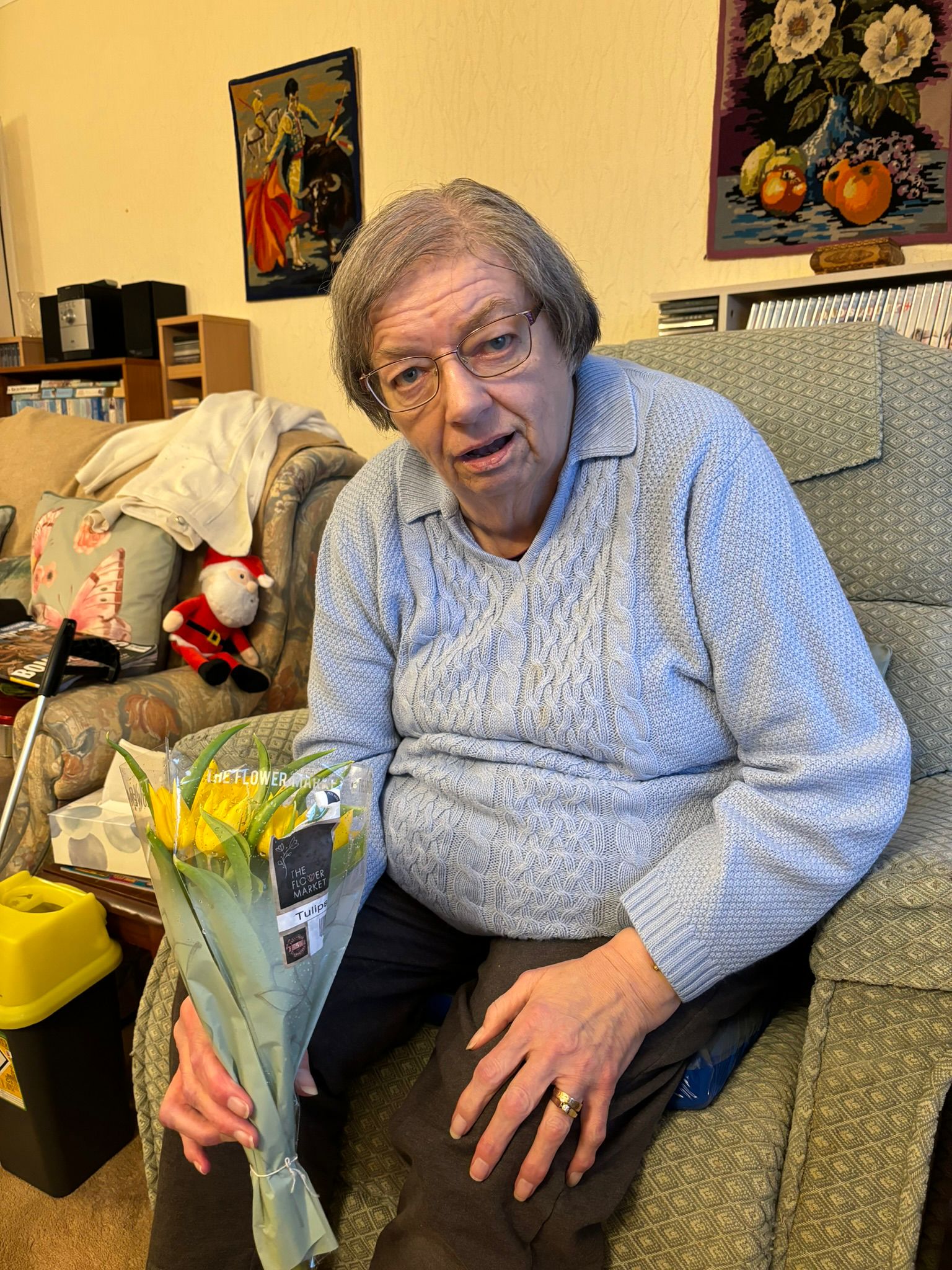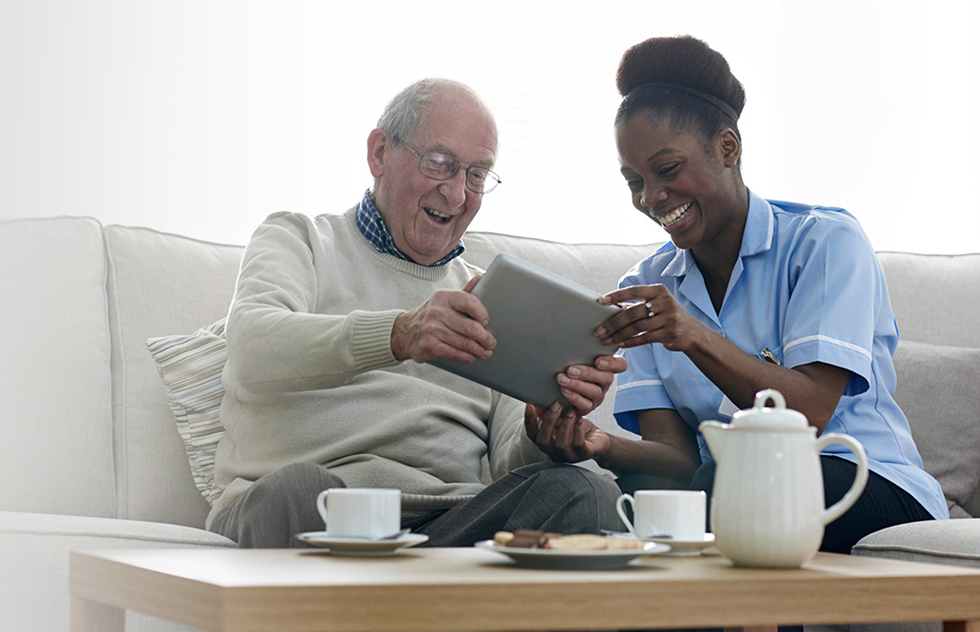A fall can be a symptom of a new or worsening health problem. It is a call to action – an opportunity to prevent another fall, perhaps with more serious consequences.
Anyone can fall, but the chances of falling increase with age and someone who has had a fall is more likely to fall again. Each year, one in three people aged over 65 have a fall and over half of those over 80 have a fall. But falls are not inevitable and research indicates that for older people living at home, around 30% can be prevented.
A FALL IN AN OLDER PERSON, EVEN WITHOUT ANY RELATED INJURY, SHOULD ALWAYS BE TAKEN SERIOUSLY.
The chances of a fall causing serious and/or long term health problems increases with age. Falls are the leading cause of accidental death in older people.
Falls cause injuries such as bruising, cuts, head injuries and fractured bones. The likelihood and severity of injury relates to a variety of factors including bone health, frailty and low body weight. Public Health England data indicate that 5% of falls result in a fracture. The most common fractures are to the wrist and the hip. Hip fractures can have a very serious impact on survival, disability and independence. People with low bone mineral density are more likely to experience a fracture following a fall. Osteoporosis is a common cause of low bone mineral density.
Unsurprisingly, many older people fear falling and falls can have a major impact on their mental health. Falls can cause older people to lose confidence in going about their day to day activities leading to depression, isolation or loss of independence.
CAUSES OF FALLS
- Muscle weakness
- Poor balance
- Visual impairment
- Medication
Fortunately, there is plenty you can do to minimise the risk of a fall or serious injury. It is common for local health and/or social services to help with a lot of actions to prevent falls including covering some of the additional expenses. Local arrangements will vary depending on the situation – at home a primary or community care team or local adult social care service could be involved. Hospital discharge arrangements will often include arrangements to minimise any future risk of a fall.

Older people are often reluctant to report a fall or involve a doctor because they fear their independence will be taken away from them. If tackled well however, the opposite is true – taking positive steps to prevent falls can help to maintain good health and independence. Understand the fear and broach the topic with tact and empathy.





